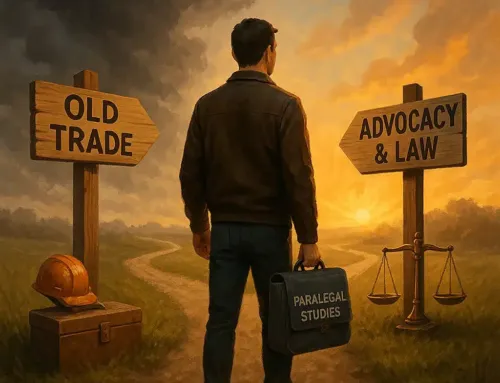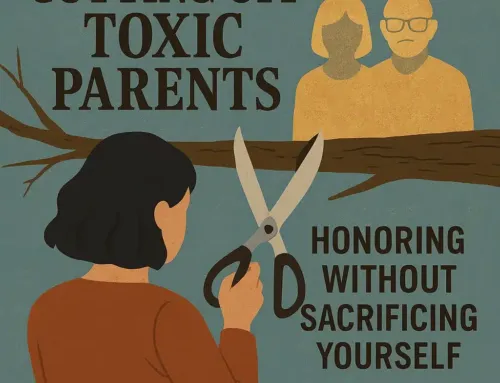
Approx. read time: 6.2 min.
Post: The Crisis of Old World Leadership: How Aging Leaders Are Failing the Future and What We Can Do About It
Introduction
Outdated leadership impact.In today’s world, many of our global leaders are from an era that shaped their perspectives in a vastly different time—one marked by Cold War ideologies, industrial-era economic policies, and traditional power structures. While experience is valuable, the rigid worldviews of older leaders often clash with the dynamic and interconnected problems of the modern age. Issues such as climate change, economic disparity, and technological ethics require forward-thinking, adaptable governance, yet many leaders are still applying outdated solutions to complex 21st-century problems. As younger generations inherit a world shaped by these decisions, it becomes imperative to question how leadership can evolve to create a future that is progressive, sustainable, and inclusive.
The Stagnation of Old World Leadership
Throughout history, leadership has played a crucial role in shaping civilizations. However, in recent times, there has been growing frustration with aging leaders who maintain power well beyond their prime, adhering to policies and worldviews that often no longer serve the global community. Many of these leaders were shaped by conflicts such as World War II, the Cold War, or the early days of globalization—periods that required zero-sum, aggressive approaches to diplomacy and economic policy. These perspectives are often reflected in their decision-making today, leading to:
- Prolonged Conflicts: Many older leaders prioritize military intervention and nationalism over diplomatic collaboration, leading to continued global unrest in regions such as Ukraine, the Middle East, and Taiwan. Case studies include the Russian invasion of Ukraine, where Vladimir Putin’s leadership continues to reflect Cold War-era expansionist policies. In the Middle East, the Israeli-Palestinian conflict has been perpetuated by leadership reluctant to shift from hardline stances, such as Netanyahu’s government resisting progressive peace negotiations. Similarly, tensions over Taiwan have been exacerbated by China’s Xi Jinping, whose governance adheres to traditional authoritarian control rather than modern diplomatic strategies.
- Outdated Economic Policies: Policies based on fossil fuel dependency, rigid labor structures, and protectionism fail to address economic inequality and hinder innovation. The resistance to progressive economic policies can be seen in leaders such as Donald Trump and Jair Bolsonaro, who have actively promoted deregulation and traditional industrial practices, delaying necessary economic transitions. Conversely, European nations like Germany under Angela Merkel attempted gradual shifts toward renewable energy but faced opposition from traditionalist economic sectors.
- Neglect of Climate Change: Many older leaders either ignore or slow down climate policies, seeing environmental regulation as a burden rather than an urgent necessity. Bolsonaro’s tenure in Brazil saw rampant deforestation in the Amazon, ignoring global climate appeals. Meanwhile, U.S. policies under Trump withdrew from the Paris Agreement, stalling critical environmental progress.
- Resistance to Digital Transformation: The internet, AI, and automation have changed the world, but many older leaders struggle to grasp the complexities of digital governance, cybersecurity, and data privacy. European Union leaders have made strides in digital regulation with GDPR, but leaders in developing nations often lag, such as India’s Narendra Modi, whose administration has faced criticism for internet blackouts and control over digital dissent.
- Generational Disconnect: Younger generations are more aware of social justice, equity, and sustainability, but policies are still largely dictated by leaders who do not share these values or fail to implement them effectively. In the United States, systemic racial injustices have persisted under leaders reluctant to implement widespread reforms, despite growing advocacy from younger political figures such as Alexandria Ocasio-Cortez and Ilhan Omar.
The Consequences of Outdated Leadership
The failure to adapt has severe consequences, including:
- Youth Disillusionment and Apathy: With little representation in leadership, many young people feel unheard and disengaged from political processes.
- Environmental Catastrophe: As climate action is delayed, future generations are left with the burden of addressing global warming’s irreversible effects.
- Economic Instability: Outdated economic structures continue to widen the wealth gap, leaving millennials and Gen Z struggling with rising living costs, stagnant wages, and debt crises.
- Global Conflict Escalation: Instead of fostering diplomacy, many older leaders engage in power struggles that exacerbate geopolitical tensions.
How Can We Shift Towards Positive Change?
For the world to progress, we must rethink our approach to leadership and governance. Here’s how:
1. Promote Younger Leadership and Diverse Perspectives
A younger generation of leaders is essential for fresh, progressive ideas. While experience is important, governance should also include individuals who understand modern technological, economic, and social realities. Encouraging younger candidates, supporting leadership programs for youth, and implementing term limits can help shift political power toward new generations.
2. Invest in Intergenerational Collaboration
Rather than solely opposing older leaders, a collaborative approach can be more effective. Older leaders possess wisdom and institutional knowledge, while younger voices bring innovation and adaptability. Encouraging advisory roles for experienced leaders while prioritizing young politicians and policymakers in key positions could bridge the generational gap.
3. Implement Digital-Age Policies
Governments need to develop regulations and policies that align with modern technology. This includes:
- Stronger policies on data privacy and cybersecurity.
- Ethical governance of artificial intelligence.
- Embracing remote work, digital education, and a tech-driven economy.
- Universal access to technology and broadband.
4. Prioritize Sustainability and Climate Action
Since younger generations will bear the brunt of climate change, leaders must prioritize sustainability. This means:
- Accelerating the shift to renewable energy.
- Enforcing strict carbon emission policies.
- Supporting green infrastructure and innovation.
- Global cooperation on climate initiatives rather than nationalistic resistance.
5. Reform Political Systems to Be More Inclusive
Political stagnation often comes from outdated systems designed to favor incumbents. Key reforms include:
- Term limits to prevent leaders from holding power indefinitely.
- Ranked-choice voting to allow more diverse candidates to gain traction.
- Civic education programs to empower younger generations to participate actively in politics.
- Campaign finance reform to reduce the influence of corporate interests in elections.
6. Strengthen Global Cooperation Over Nationalism
Old-world leaders often prioritize national interests at the expense of global unity. However, in an interconnected world, the biggest challenges—pandemics, climate change, cybersecurity—require international cooperation. Strengthening global alliances, supporting multinational agreements, and moving away from isolationist policies can lead to more effective problem-solving.
7. Foster Youth Political Engagement
The younger generation needs to take an active role in governance by:
- Voting in local and national elections.
- Running for office at all levels of government.
- Advocating for issues that matter to them, such as education reform, healthcare access, and human rights.
- Using digital platforms to amplify voices and mobilize communities.
Conclusion: The Future is Now
The world is evolving faster than ever, yet leadership remains stuck in the past. The choices made today will shape the next century, and it is vital that decision-making reflects the needs of the present and future generations—not just the ideologies of the past. While older leaders have experience, governance must become more inclusive, forward-thinking, and adaptable to create meaningful, lasting change. By promoting younger leadership, embracing innovation, and prioritizing sustainability, we can build a future that benefits all generations—not just those who hold power today.
The time for change is now, and it starts with rethinking who leads and how we shape the policies that will determine our shared future.










